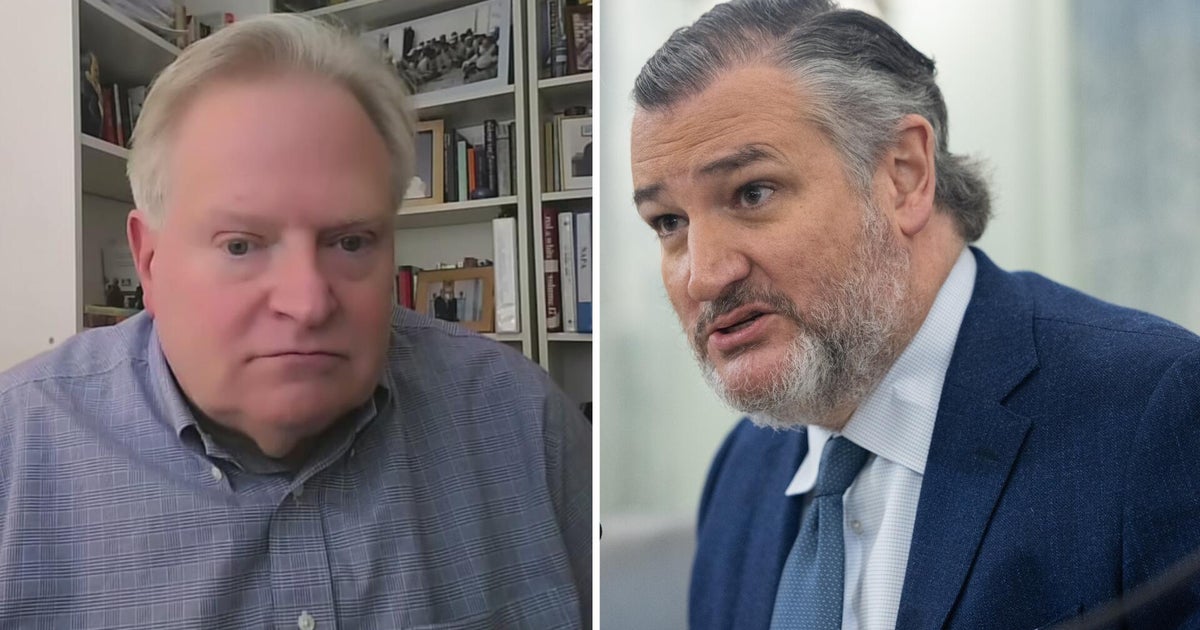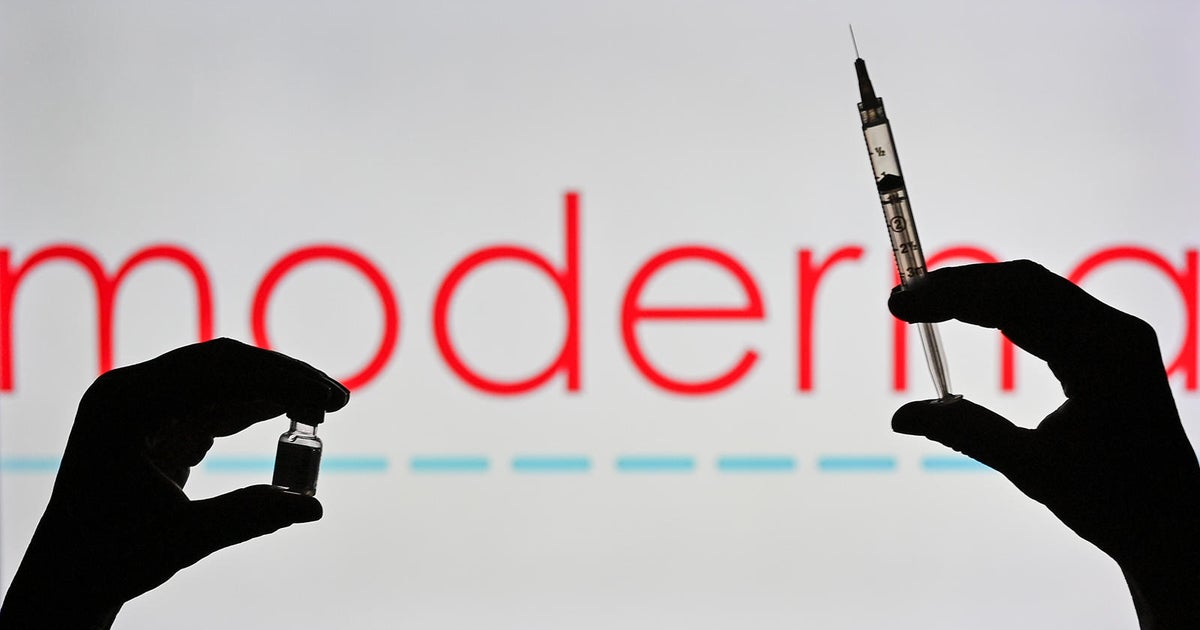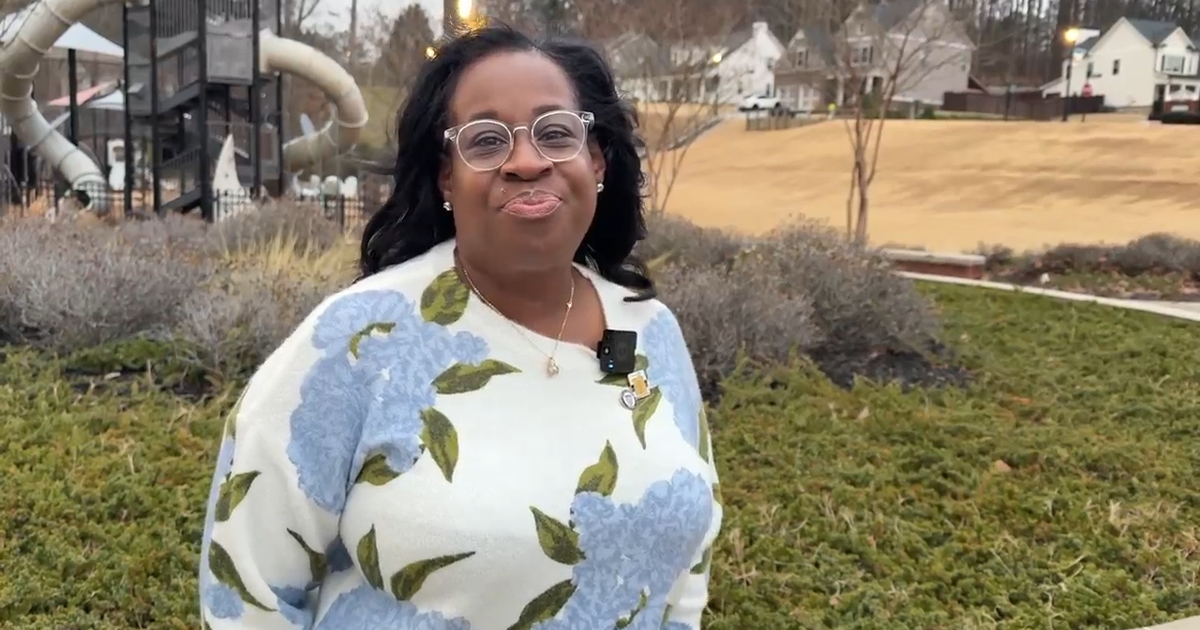Supreme Court nominations: Where partisan standoffs began
Supreme Court nominations have not always resulted in partisan standoffs. Ruth Bader Ginsberg, who remains one of the court's leading liberals, and Antonin Scalia, one of its longtime conservative pillars, were both confirmed with support from more than 95 senators.
- Brett Kavanaugh, Christine Blasey Ford Senate hearings: How to watch on TV and online
- What to watch for during Brett Kavanaugh, Christine Blasey Ford hearing
The Constitution empowers senators to offer advice and consent, but for most of U.S. history, they deferred to the president. When they blocked a nominee, it was for ethical or legal reasons, more than ideology ones. That changed in 1987, reports "CBS This Morning" co-host John Dickerson.
The Senate's liberal lion, Ted Kennedy, greeted Robert Bork's nomination with an immediate blast, portraying the conservative judicial hero as a dangerous extremist.
"In Robert Bork's America, there is no room at the inn for blacks, and no place in the Constitution for women. And in our America, there should be no seat on the Supreme Court for Robert Bork," Kennedy said on Sept. 15, 1987.
Bork was up to replace the swing vote on the court and tilt it in a conservative direction. Abortion rights and civil rights groups mobilized. Bork's professorial answers in hearings did not dispel the image that he was detached from modern society. Six Republicans joined all but two democrats to deny confirmation.
Conservatives coined the term "borked" to mean partisan savaging of a nominee, something Clarence Thomas' supporters say happened to him when Anita Hill accused him of sexual harassment.
"I felt that I had to tell the truth. I could not keep silent," Hill said during her Oct. 11, 1991 testimony.
In an era before the Me Too movement, a bank of male senators reacted skeptically, and Thomas was confirmed in a 52-to-48 vote after he insisted even raising the issue was offensive.
"I've been harmed. My family's been harmed. I've been harmed worse than I've ever been harmed in my life," Thomas said during the hearing.
The Bork and Thomas nominations elevated the partisan stakes, which meant would-be justices learned to say nothing interesting or revealing that pressure groups might seize and exploit.
But partisanship was always close to the surface – or plainly visible – as in the 2016 nomination of Merrick Garland. The GOP senate, intent on denying President Barack Obama the chance to shift the court leftward, refused to give Garland even a hearing.
"I think it's up to Mitch McConnell and everybody else to stop it. It's called delay, delay, delay!" Mr. Trump said during a Republican presidential debate in February 2016.
The chance to pick a conservative justice energized Republicans, and President Trump filled the vacancy with Neil Gorsuch, confirmed with just 54 votes after Republican Majority Leader Mitch McConnell eliminated the ability of senators to block a nomination that could not get 60 votes.
Like Bork, Brett Kavanaugh would replace a swing vote – Anthony Kennedy – and cement the court's conservative majority for decades. On Thursday the Senate Judiciary Committee hears testimony from Kavanaugh and Christine Blasey Ford, who claims Kavanaugh sexually assaulted her at a high school party 36 years ago.
Whatever the outcome of the Kavanaugh nomination, it will go down as another chapter in this escalating history of cut and thrust.



